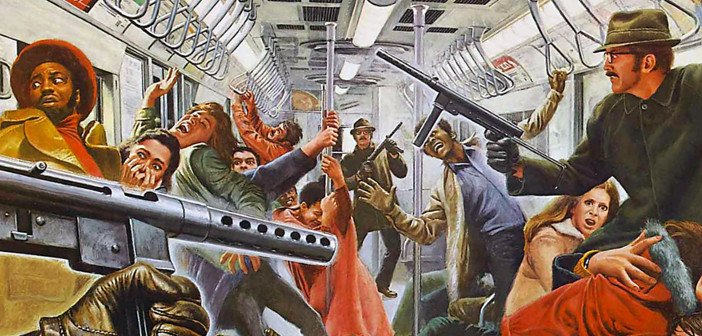Anatomy of a Soundtrack | The Taking Of Pelham One Two Three (1974) – David Shire
The Taking Of Pelham One Two Three isn’t one of the better known crime films of the 1970s. It is probably best known for inspiring the colour-coded naming of the villains in Reservoir Dogs.

